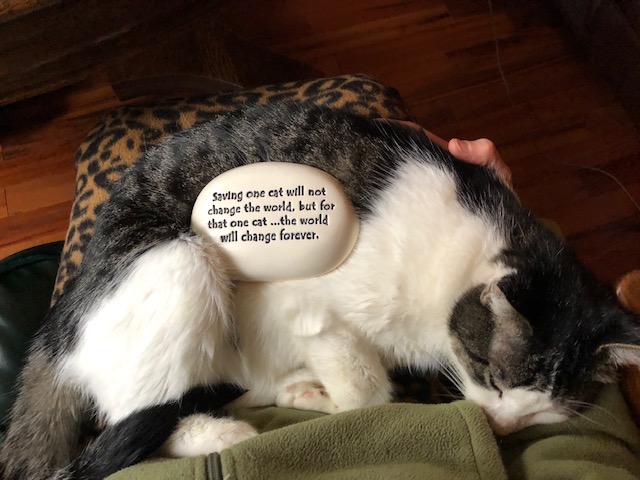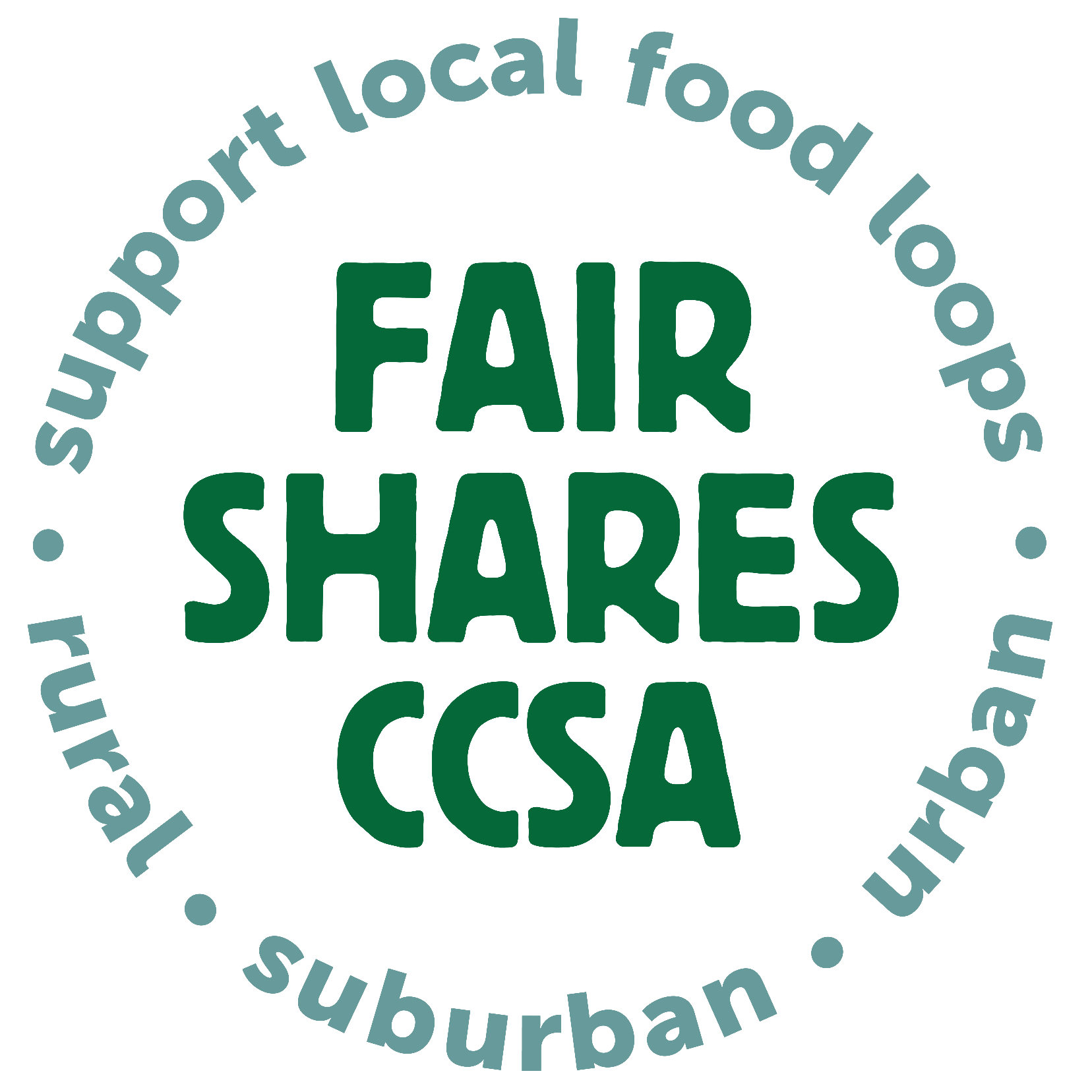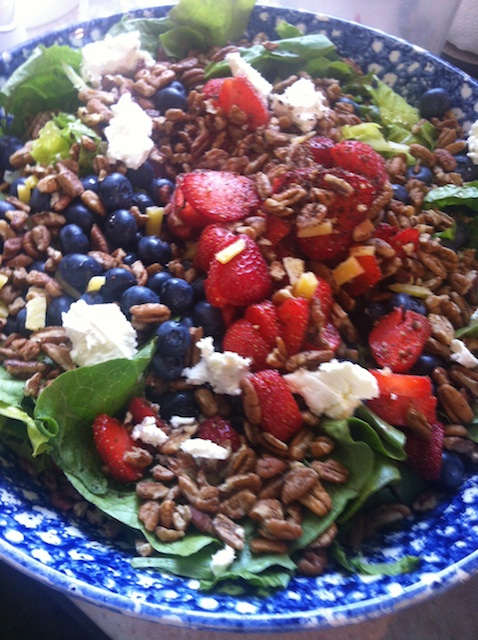I just read about the EAT-Lancet Commission on Food, Planet, Health and it really sparked my interest. The commission is a group of 30 scientists from around the globe who are working together to come up with a consensus on what constitutes a diet that will promote health and sustainability for the planet. They’re speaking our language, and it’s especially interesting to consider how to incorporate our local diet into their suggestions.
I already know there are several components to the diet suggestions that would be difficult for me to adhere to, but just like becoming a “locavore” was, I’m looking at it as a process. What can I include more or less of in my diet to work towards being more sustainable? How can I improve my commitment to eating more healthy, cutting down on sugar and meat, and eating more produce in season?
I get busy, or lazy, or both, and even though I generally never eat overly-processed or fast food, I am definitely not a “clean eater.” Honestly, I don’t want to eat totally clean, but I want to eat cleaner. I don’t want to be a vegetarian, but I want to eat less meat (and more vegetables). I don’t need to be much more smug about how righteously I eat, but if I did want to, I’d really have to step it up a bit.
Here’s a blurb from the link above (https://eatforum.org/eat-lancet-commission/):
What is the “planetary health diet”?
The planetary health diet is a global reference diet for adults that is symbolically represented by half a plate of fruits, vegetables and nuts. The other half consists of primarily whole grains, plant proteins (beans, lentils, pulses), unsaturated plant oils, modest amounts of meat and dairy, and some added sugars and starchy vegetables. The diet is quite flexible and allows for adaptation to dietary needs, personal preferences and cultural traditions. Vegetarian and vegan diets are two healthy options within the planet health diet but are personal choices.
On the page are links to different briefs targeted at various audiences–cities, farmers, health professionals, policymakes, food service professionals, and last but not least, individuals, aka everyone. Here’s the link to that last one: https://eatforum.org/lancet-commission/everyone/
I first learned about it in this article in the Guardian, which includes a one week example menu. The menu is way more diverse than my own essentially-local-only diet, and it got me a little excited to try some new combinations, substituting for what is available through Fair Shares (I have new suggestions for oat groats and wheat berries now!).
I like that the commission recognizes that there are so many components that must be factored in on a global scale. Adaptations based on climate, culture, availability and preference are to be included, naturally, and a healthy diet doesn’t necessarily include or exclude certain foods.
Of course, not everyone will want to or be able to follow the guidelines, but even if some people get on board–and it doesn’t look difficult to follow–we will improve our own health and the health of the planet. It’s nice to know that little things we do can make a big difference. It makes me think of the paper weight I got recently as a present:

That’s Betty, one of my three rescues. He used to be a Fair Shares feral (we still have six, at least), but now he lives with me. I’m pretty sure he doesn’t miss being an outdoor cat anymore.

